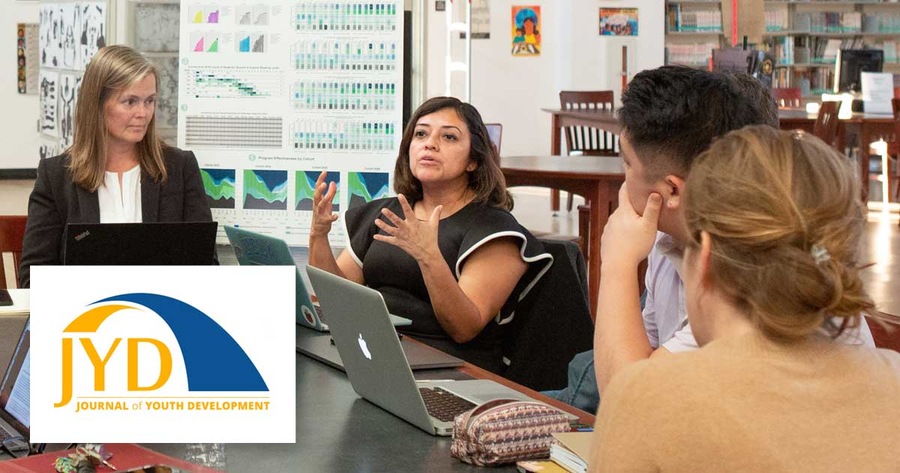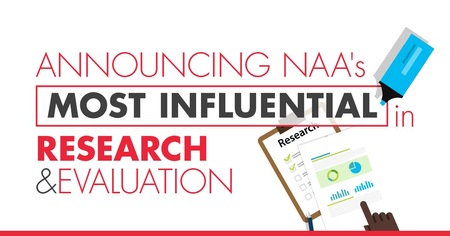An essay from the new issue of the Journal of Youth Development—a peer-reviewed publication co-sponsored by NAA—shares insight on where these efforts could begin and be sustained.
Race, Antiracism, and Youth Development: From Awareness to Sustained Action, written by Corliss Wilson Outley and Dale A. Blyth, stresses how Black lives matter—not only in our communities, states, nation, and in the world, but also in the youth development field.
The article states that "we must condemn racism in all of its many forms and acknowledge the impact that historic, deeply rooted, and systemic inequities have on our youth, our youth workers, and our scholars as well as our institutions and organizations."
As a field, we must go beyond acknowledgment and awareness; we must work actively to address inequities and racism. We as a field, the essay explains, must examine how privilege manifests in our daily lives and our work—from examining our own tendencies to stereotype Black youth to actively calling out racist or exclusionary policies and practices.
The essay addresses how the concepts, frameworks, models, and theories central to the youth development field—especially in regard to Black youth—have led to the development of approaches that essentially focus on racial difference and ultimately too often lay responsibility on the oppressed. The essay further explains how this oppression becomes normalized and further allows whiteness to be unburdened.
It's imperative for the youth development field to engage in changing the institutional, systemic, and cultural practices preventing equal access and opportunity for youth throughout society. The essay shares a call to action to strive for making the field an anti-racist one.
"We cannot move forward as a field if we remain silent in the face of an issue that so profoundly impacts so many of our Black youth in particular and many more Indigenous youth, youth of color, and immigrants."
The authors describe introducing a reframed youth development agenda that recognizes the connection between structural racism and racialized disparities in youth developmental outcomes, in addition to utilizing a systemwide, multipronged, multilevel, and interdisciplinary approach. In relation to policy and practices, the essay includes recommendations for what can be done:
- Personally and professionally acknowledge that youth equity is unachievable unless racism is addressed through a systemic approach.
- Policies and resources that shape and inform youth development practices should explicitly acknowledge racism and convey their commitment to all youth and their families.
- Public policy and funding, as well as private efforts, should work to create culturally safe youth organizations.
- Collaborate with diverse community-based organizations to eradicate policies and practices in youth development that are discriminatory and perpetuate racial injustice, inequity, and disparity.
- Convene leaders and collaborate with racially and ethnically diverse communities to develop a national standard and training in culturally competent care and programming.
- Advocate for anti-racism accountability at the institutional, state, and national levels within our field and its respective organizations.
- Encourage and advance community-level advocacy with members of those communities disproportionately affected by racism to develop policies that advance social justice.
- Advocate for policies and actions that eliminate racism within our youth development/out-of-school-time system.
- Work to grow and invest both public and private resources to ensure equitable access to nonformal and informal community learning opportunities for all youth regardless of means, race, ethnicity, gender, sexual orientation, or ability.
- Ensure anti-racism funding.
- Advance policies and investments in research and practices that ensure evidence is generated, translated, and used to improve programs and practices that promote diversity, cultural respect, and anti-racist practices.
To read Race, Antiracism, and Youth Development: From Awareness to Sustained Action in its entirety, click here.
Courtesy of NAA.
Photo by Allison Shelley for American Education: Images of Teachers and Students in Action.




